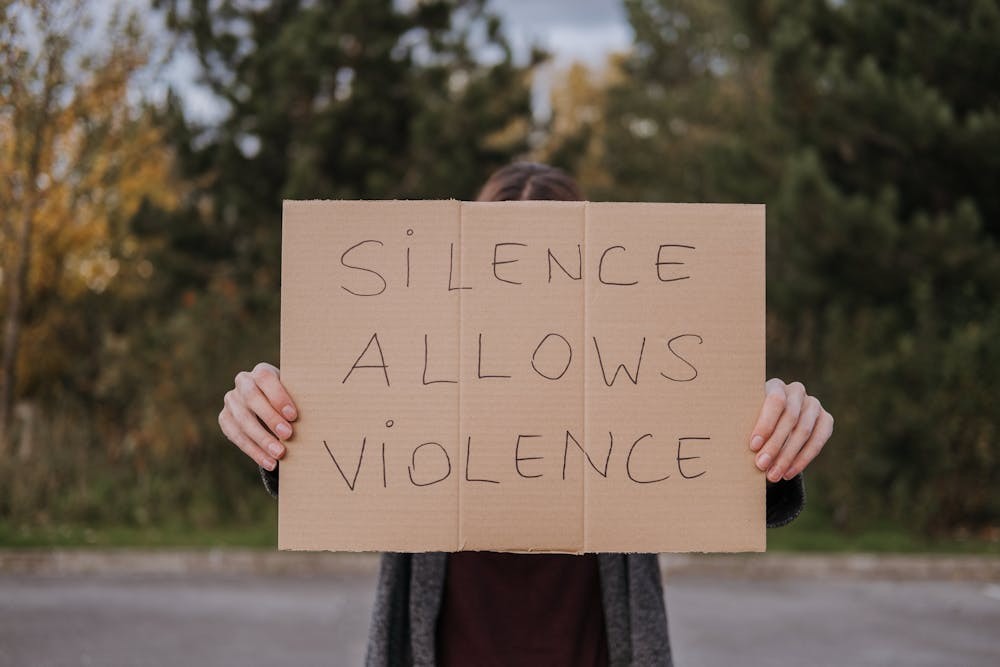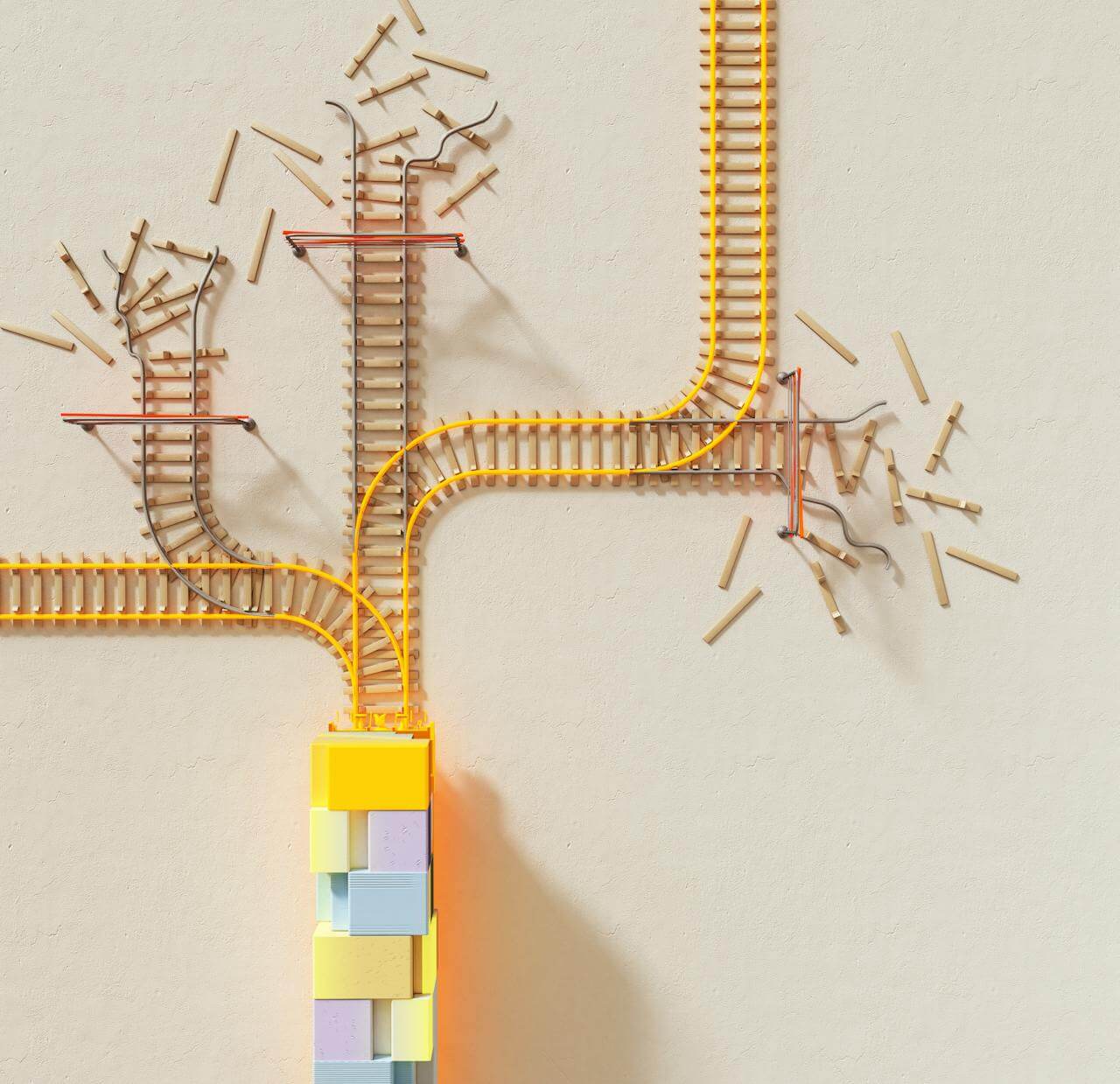Each year around Remembrance Day, I find myself thinking about what it means to live inside a culture that trains endurance as its highest virtue. Across this series, I have been writing about how the language of war has infiltrated the spaces that claim to protect children. In genocide and the classroom examined how distress becomes procedural; The false economies of war and schooling traced the moral bankruptcy of austerity; The war on joy asked what happens when discipline replaces wonder. This essay turns inward, toward the private theatre of that same moral injury: motherhood under siege. It asks what remembrance looks like for those who wake each day to send their children into institutions that harm them.
Enlistment
Congratulations, recruit. You have been drafted into the service of calm. Your assignment begins at 6:30 a.m. each weekday, rain or shine, statutory holiday or stomach ache. Your uniform is a clean face and an even tone. Your orders are simple: deliver your child into an institution that calls itself inclusive, smile for the staff, and go home to wait for the email that will confirm what you already know—he has been misunderstood again. You are part of a long and honourable tradition of mothers who learned to survive watching your child be cut down.
-
In genocide and the classroom: the routinising of distress
A meditation on how institutions train people to ignore suffering—how desensitisation, scarcity, and forced optimism erode empathy and make harm seem ordinary.
Phase I: conditioning
Lesson one: suppress instinct. The cry you hear at drop-off is not distress, it is “difficulty with transition.” The avoidance of demands is “non-compliance.” The despair is “behavioural.” Repeat until fluent. You will learn to translate your child’s pain into the dialect of policy.
Lesson two: self-control under fire. When professionals smile and tell you he had a “great day,” even as you see the tremor in his hands, breathe evenly. They believe what they need to believe to stay operational. You must, too.
Lesson three: emotional armour. Caring too visibly will be read as aggression. Cry in the parking lot, never in the meeting. Document everything. Forget nothing.
-
Maternal grief, public ritual, and the refusal to behave at the IEP table
I have walked into these rooms again and again—across years, with new principals, new case managers, additional complaints filed, subsequent appeals launched, IEPs dusted off and redrafted in the same language that failed last time. The faces change but the ritual remains. Seven professionals already seated, already laughing, already casually shaking off their last meeting […]
Phase II: moral recalibration
You will learn the art of selective empathy—how to care just enough to function but not enough to break. You will be trained to interpret your child’s suffering as resilience, your exhaustion as failure, and institutional neglect as partnership. The system rewards the mother who converts rage into self-hate. Pride yourself on progress. This is what they mean by collaboration.
Phase III: chain of command
Principals are colonels. District staff are generals. Psychologists are medics whose first duty is to protocol. You are permitted to speak only through proper channels. Insistence is insubordination; compliance is rewarded with small mercies—a temporary support, a promise of review, a compliment on your composure. Remember: authority must never be made uncomfortable. The preservation of their calm is the price of your child’s safety.
Phase IV: advanced field tactics
Drill one: when asked how you are coping, answer, “We’re hanging on.”
Drill two: when your child refuses to return, say he’s a little under the weather, not he’s traumatised as fuck.
Drill three: when he stops sleeping or she stops eating, call the doctor, not the district.
Drill four: when you begin to feel your body folding under the weight of unseen war, remind yourself that other mothers manage. Comparison is fuel. Guilt is discipline.
Phase V: combat fatigue
Side effects include chronic vigilance, loss of trust, depression, and moral disorientation. You may begin to dream of escaping in the night. You may experience loss of interest, enjoyment, or pleasure in life’s experiences. You may lose the desire to be with others or to do the things that once brought delight. You may startle at the sound of your own name in meetings. You may feel rage where gratitude is expected. These are normal symptoms of sustained exposure to institutional indifference. Treatment is limited to coffee, paperwork, and brief episodes of dissociation.
-
The architecture of exclusion: how schools erase, silence, and wear down families
Schools are supposed to be spaces of inclusion and support—but for many families, especially those raising disabled or neurodivergent children, advocacy is met with a wall of politeness, professionalism, and performative listening that hides a deeper violence: rhetorical control. One of the most…
Graduation ceremony
Upon completion of training, you will receive the honourary rank of Difficult Mother. This title will be awarded informally, whispered behind closed doors, and attached permanently to your file. You will also earn the following decorations:
- The Cross of Emotional Regulation — for maintaining composure while your child’s pain was reframed as choice.
- The Medal of Infinite Patience — for waiting years for an accommodation that will land too late.
- The Order of Perpetual Advocacy — for writing forty-seven unanswered emails.
At ease, soldier. You have learned the hardest lesson of all: how to love a child the world treats as expendable, and to keep sending him back again.
-
What they say when you leave the meeting
Canary Collective’s piece The Apple Doesn’t Fall Far from the Tree: What’s Said About Parents After They Leave the Room tells what often happens after parents leave a school meeting. The talk shifts away from the child and turns toward the parents. People…










